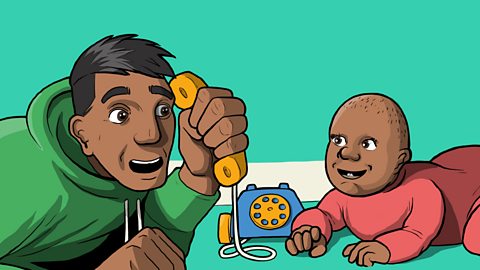Home > Tips and advice > Pregnancy > Labour
It is a weird experience being partner to an expectant mum. A lot of the focus is on the parent carrying the baby and it's important that she stays physically and mentally healthy.
As the 'other parent', it can feel like you’ve not got a clear role until the baby arrives.
However, there are a number of things you can do to help mum and your baby in the run up to labour and after the birth.
Prepare a travel plan
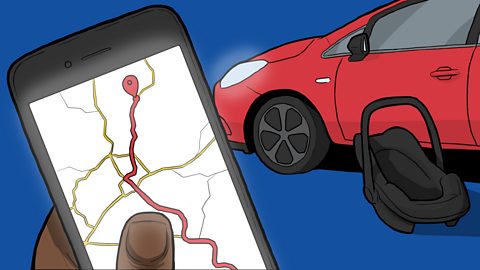
Look up how you get to the hospital and how long it takes to get there. This will help to avoid any last-minute sat nav panics.
It’s easy to forget these days when so many places take contactless card, but it might be worth keeping loose change in case the hospital car park is cash only.
Also, it’s a good idea to stop drinking alcohol for a couple of weeks leading up to the due date, just in case the baby arrives early. That way you’ll be ready to drive safely and legally.
Be sure to know how the car seat fits too, so you’re ready to take the new arrival home. You could even try propping up a doll or teddy in the seat to see how the straps fit.
And the last thing you want is to be stuck without fuel, so make sure you keep the tank topped up!
If you don’t have a car, you could ask around friends and family to find someone who’ll be able to get mum to hospital, or otherwise check that your local taxi company is happy to pick her up when she’s in labour. Again, loose change is good to have ready to pay drivers.
Some maternity units offer ambulances to pick up mums in labour, so check with yours to see if this is a service they offer and make your plan if not.
Pack the labour bag
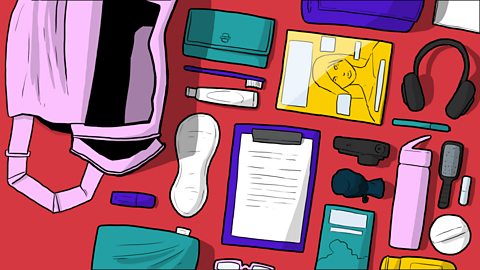
It’s a good idea to have a bag packed from a couple of weeks before the due date with everything you will need in hospital. This should contain everything for your partner, your new baby and yourself – think clothes, nappies and cloths but also things like magazines, device chargers and snacks.
For a full breakdown of things you’re likely to need, check this list from the .
Nearly all of the items on the list are worth having in if you're having a home birth too.
If you’re in hospital, keep a close eye on things as you might be moved at short notice and don’t want to lose items. For this reason, try not to bring too many valuables.
Time contractions
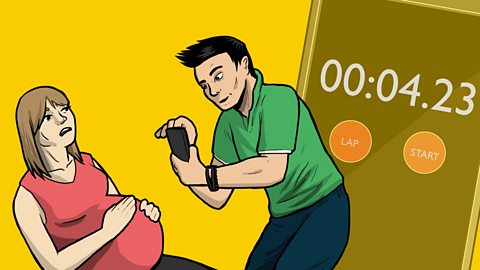
If you and your partner are together, there’s a good chance you’ll be there when she is going into labour. But how do you tell when it’s time to call the midwife?
The answer to this doesn’t need to be as complicated as you think - towards the end of pregnancy she’ll start to have contractions, which is when the muscles of her uterus start to clench like a fist and then relax.
When she’s going into labour, the clench will last for at least 60 seconds at a time with about 5 minutes in between.So if she’s starting to feel contractions, get your phone or watch and start timing!
Contractions can be painful and put women under a lot of strain, so try to be as patient and supportive as you can be. If you or your partner are worried about what’s going on, then seek advice from your midwife.
Keep mum going with snacks and drinks
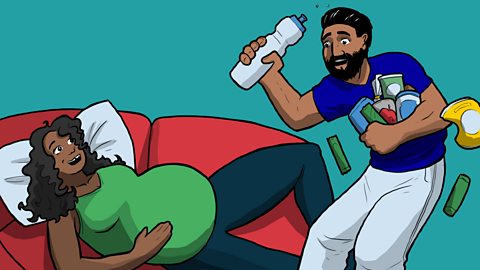
If you are going to be mum’s birthing partner during labour, one thing you can do to offer a huge help is keep a supply of snacks to keep her energy levels up and provide her easy access to water.
One top tip – take a big sports bottle that doesn’t need refilling too often. This will make it much easier for her to drink as and when she needs to without spillage.
Make calls and manage visitors
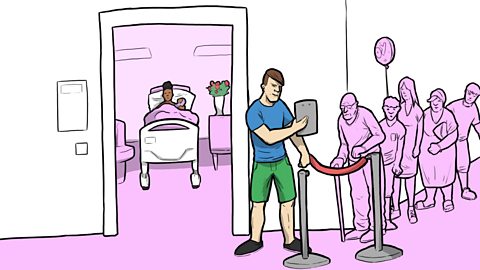
Your baby’s birth is likely to be an exciting time for your friends and family too, but chances are mum is going to be completely exhausted.
Talk to her ahead of time about all of the people you’ll want to let know as soon as possible after the birth, and start making these calls while she relaxes with the baby.
Ask her how she feels about visitors and try to explain to people to hold off if she would like some extra time to rest.
Build early bonds
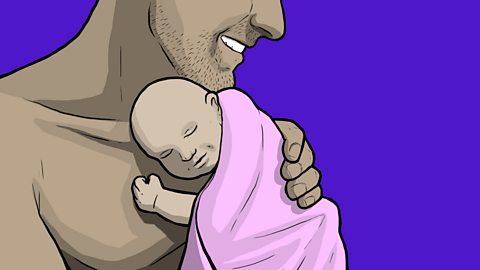
When the baby arrives, it’s important that mum is able to have skin-to-skin cuddles with them, as early as possible. Research has shown that this can have a great benefit on their bond together.
But it’s important that dads or partners get to take their turn too. By cuddling with your baby in the first 24 hours, you promote the flow of oxytocin, the love hormone, for both you and your baby. Oxytocin helps to spark feelings of love and protectiveness and reduces stress, helping you to feel a strong bond with your baby from birth. This is especially true of skin to skin contact, so if you’re not shy, try going shirtless.
Mum might want you to take lots of photos, or she might not – make sure you check with her beforehand. Agree a plan when it comes to making any social media announcements about the birth too.
Article produced with help from Pamela Mills, an NHS midwife based in Greater Manchester.


